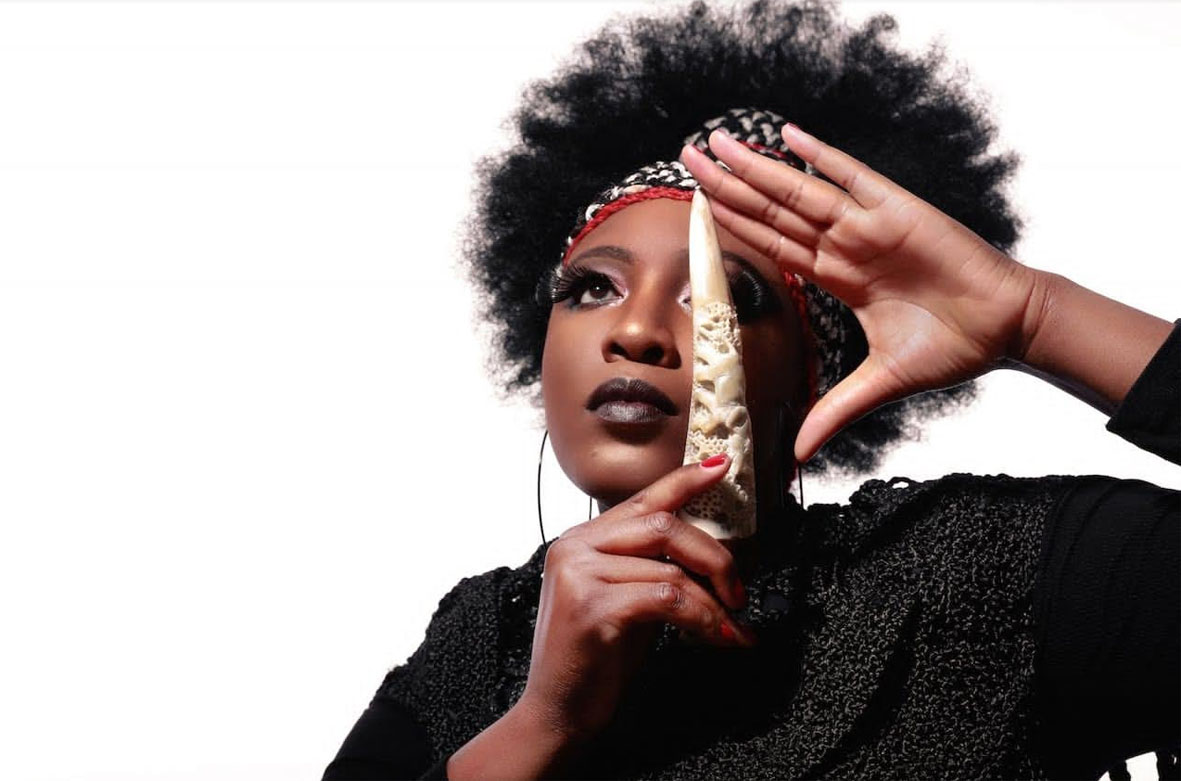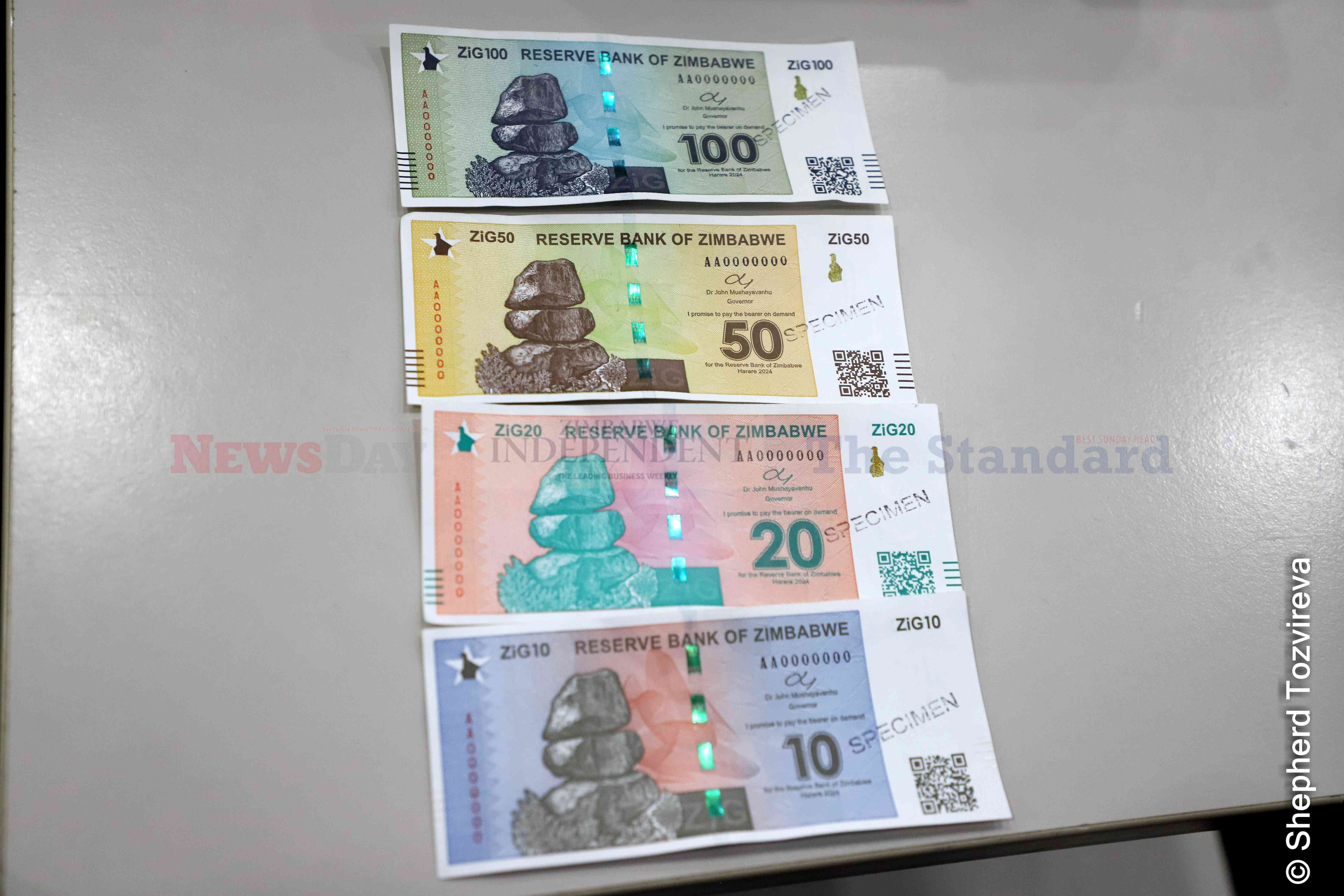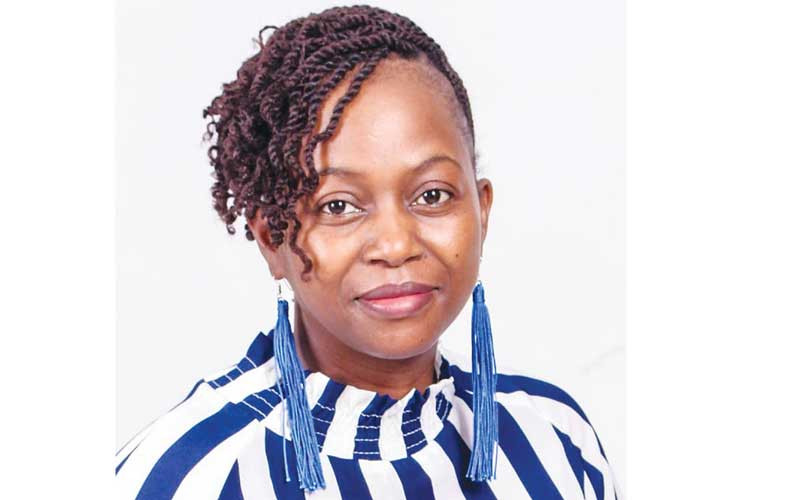
BY AGATHA CHUMA TENDAI “NaGuG” Nelson is a United Kingdom-based Zimbabwean award-winning artiste and songbird who migrated to the UK at the age of 17.
Her music cuts across several genres and is generally described as Afro-fusion because she performs in both English and her mother tongue, Shona.
Some may remember her from dance video for the song Simuka (Simuka mwana weZimbabwe), which was co-produced by John Cole recently.
Initially, she was using her family name Tendai Nelson before rebranding to NaGuG, an acronym for N-nature, a-advantage, G-Gem, u-Unique & amp and G-Grand.
NaGuG represents a generation of artistes that was brought up and grounded in Zimbabwean culture but also inspired by the international music landscape.
She describes herself as a musical ambassador for the nation. This is proven in her recent projects, Secret of Life — Hupenyu, Back to the Beginning and Simuka.
NewsDay Life & Style Weekender caught up with NaGuG who shared her experiences in the music industry in the diaspora.
Personal perception on the music industry
- Chamisa under fire over US$120K donation
- Mavhunga puts DeMbare into Chibuku quarterfinals
- Pension funds bet on Cabora Bassa oilfields
- Councils defy govt fire tender directive
Keep Reading
“The music industry has changed vastly from the days I began. I fronted for bands initially and initiated my solo career around 2013 before re-branding. Back then, the music market was not as saturated as it is now.
“Digital music streaming services were a true source of income, where you saw your money for every download and it was much clearer who your audience and their response were.
“Today’s industry sees all sorts of manipulation of processes, where it may be difficult to gauge success, particularly for the recording artistes.
“Today, a recording artiste has to really be invested in their craft and a genuine want and purpose to express musically, as the music business has become tough, particularly for independent artistes like me.
“The biggest income for artistes is now derived from gigs and touring unlike years back.
Experience with both local and international artistes “I got the privilege of sharing stages, studio space and music symposiums with a range of international artistes and I have not seen much difference with local artistes.
“Artistes remain a varied array of individuals who want to express and share their musical gifts. I have learnt to respect each artiste individually as the expression of music often comes from a very personal and vulnerable place which the listeners often do not understand or notice.
“All artistes come from a different culture and space and mistake ourselves when we value and support international artistes other than our local talent.
“In order to be international, it often takes un-wavered, non-judgemental validation, appreciation and support from your own.
“The difference between some of our great talent in Zimbabwe and internationally-recognised talent is their local support (including funding and investment, which catapults these artists to become great musical giants).
Life outside home “Life away from Zimbabwe is challenging. You have to make a living in the diaspora and you have the challenge of responsibilities back home and also striving to build musha back home. It is a double life.
“While you utilise the opportunity to work and live in a country with a ‘better economy’, you are also faced with a constant need to justify who you are as the society abroad has deep and in-grown stereotypes of black and African people.
“Being away from home means even when you do not want to, you are proving yourself just by being.
“In a good way, these experiences have driven me to be more authentic and express my truths and self-encouragement in my music, for example, why I penned the song Simuka mwana weZimbabwe.
“That is a mantra that motivates me daily and I believe should be an anthem for every Zimbabwean, kusimuka nekusimudzirana (uplifting each other).
“We have a lot of pride, heritage and legacy to carry on to the next generation.
What she misses about Zimbabwe “I miss the countryside the most, kumusha. I have such love for the countryside and nature within it, something that I developed when I was growing up.
“I also miss the rich organic food, the peace from hustle and bustle and the fresh air.
Life outside music “I live a very simple lifestyle. I am a mother who has a responsibility to make a living and provide for my family. This means I wake up, get the children ready for school, do the school run, commute to and from work, feed the family, clean and do laundry.
Achievements “I am a 2022 Zimbabwe International Music Award nominee in the Jazz category, a Zimbabwe International Music Association Award (ZIMAA UK) Female Artiste of the Year 2016 and a Zimbabwe International Women’ Award nominee 2015 and 2018.
“I am a multi-talented individual, with an evident edge to fashion design as seen by my brand expression.
Future plans “I have plans to release more music this year. Watch the space for it.
Aspirations “I want my message to be heard, Simukai vana veZimbabwe (rise people of Zimbabwe)
“I also wish to do more collaborations, work with local and international artistes for my work and career to maintain its depth and have longevity. My desire is also to be a class act and proud example for my Zimbabwe.”
- Follow Agatha on Twitter@ AgathaChuma







